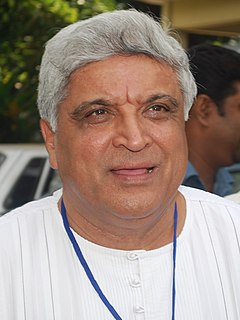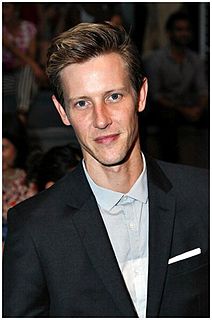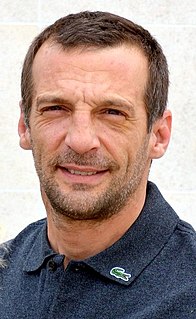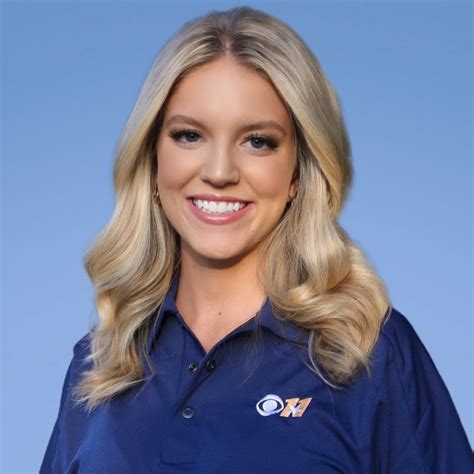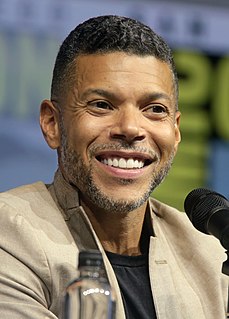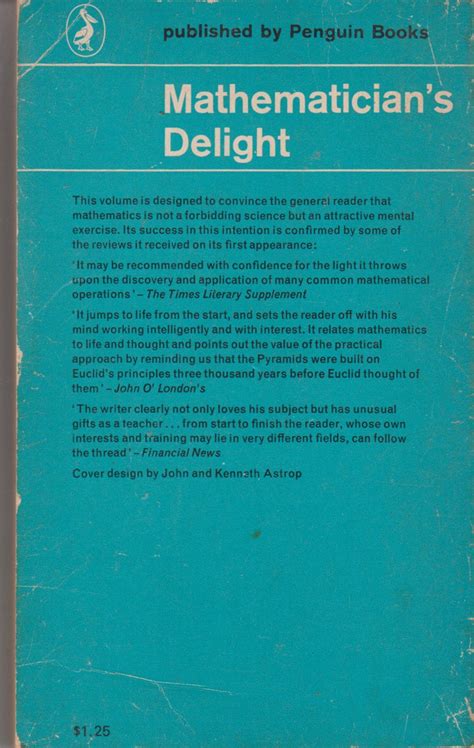A Quote by Joe Morton
'12 Years A Slave' is a film that is beautifully shot, wonderfully acted, and told in a compelling manner. However, there are some questions, in my opinion, as to its importance. Paramount among those questions is, What does this scenario illustrate that we didn't know or haven't seen before? And why does such a film garner such popularity?
Related Quotes
The argument for '12 Years a Slave' was that - yes, it's a beautiful film. Beautifully shot, beautifully acted. It's a real story, and these stories should be told. The problem is, if they're the only stories being told, then it makes Americans of African descent - it puts them into that victim category. And that was my problem with the movie.
I gravitate toward the larger worldview questions such as, Why are we here? What are we supposed to be doing? What does it mean to know another person? To love someone? Of course, those questions are sort of in the background as I'm playing with language in the foreground, but those are the informing questions.
Before writing a single note of music, and even before the spotting session, I find it best to sit down with the director and just listen to him or her talk about the film - what they're trying to say, what they want the audience to understand or believe, and a thousand other similar questions. The director has most likely been living with the film for years before a composer is attached, and so the director's inclinations, desires, and understanding of the film are paramount.
My feeling, however, is that films that are open are more productive for the audience. The films that, if I'm in a cinema, and I'm watching a movie that answers all the questions that it raises, it's a film that bores me. In the same way, if I'm reading a book that doesn't leave me with questions, moving questions, that I feel confronted with, then for me it's a waste of time. I don't want to read a book that simply confirms what I already know.
The cool thing about Watchmen is it has this really complicated question that it asks, which is: who polices the police or who governs the government? Who does God pray to? Those are pretty deep questions but also pretty fun questions. Kind of exciting. It tries to subvert the superhero genre by giving you these big questions, moral questions. Why do you think you're on a fun ride? Suddenly you're like how am I supposed to feel about that?
I guess I was just always one of those guys who asked those fundamental questions: 'Who am I? What's this for? Why? What does this mean? Is this real?' All these pretty basic questions. I like making movies about people who are self-conscious in that way, and are trying to feel their way through the world.
I won't call my work entertainment. It's exploring. It's asking questions of people, constantly. 'How much do you feel? How much do you know? Are you aware of this? Can you cope with this?' A good movie will ask you questions you don't already know the answers to. Why would I want to make a film about something I already understand?
I know when I watch a film at this point, if I completely lose myself in the characters and the story and the world of the film I know that it's at least in my opinion, that was great. Otherwise I'm thinking: "Oh I know they were just doing A, B and C, right before they walked into the scene, then the camera was there, then they probably took the shot from this reverse close-up and moved it into this." When all of that drops away then I'm like: "Okay this was phenomenal, this was fantastic." I mean, any film or TV performance in general is probably good.
"Fish Tank" [my favorite woman-directed film] by Andrea Arnold. The film is so beautifully shot, and I love the raw energy of Katie Jarvis, who plays the main character, Mia. She is not a professional actress and she provides the film with a sense of realism. To me, the film feels so complete and superior.









